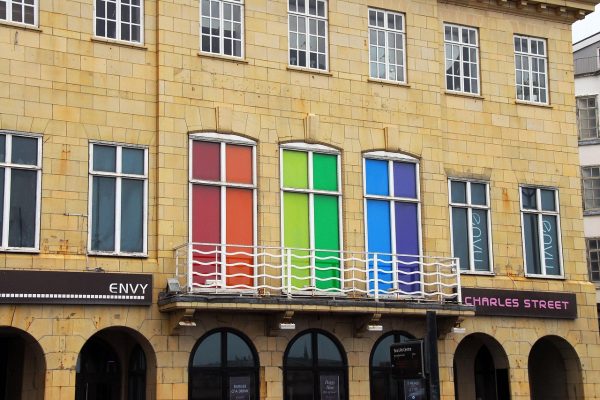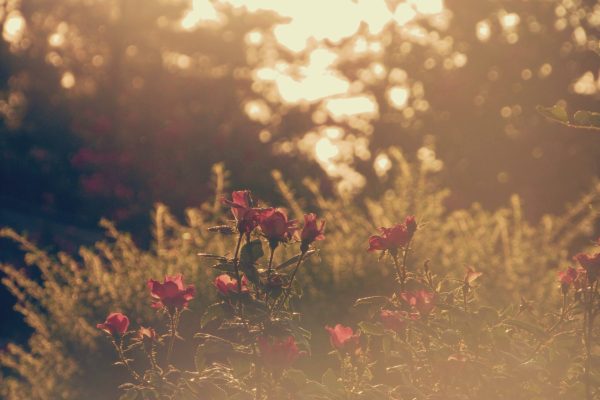“If a person immerses without special intention, it is as though he has not immersed at all.” Maimonides
In order to remove all physical barriers between you and the water of the mikveh, you will be ushered into a private preparation suite. There you will find everything you need to clean your body: soap, shampoo, nail polish remover, combs, towels, etc. (There is also a hair dryer for use later.)
But preparing for a truly meaningful mikveh experience requires more than just a thorough cleaning of the body, To connect the physical with the mental, emotional, and spiritual, Mayyim Hayyim provides the following Seven Kavanot (intentions) as a guide to help you slow down, center, and be present in the moment.
Mayyim Hayyim’s Seven Kavanot for Mikveh Preparation
The Holy One created the world in six days, but made it complete with Shabbat, the seventh day. The number seven suggests wholeness and represents the creative process. Seven steps lead into the mikveh.
These seven kavanot — preparatory meditations — are offered in the hope that your immersion will provide you a sense of shleimut or wholeness and peace.
1. Hineni. Here I am.
Take a minute and think about the transition mikveh will help you mark today.
Immersion in the mikveh represents a spiritual transformation from one state to another. In traditional language, your change is from ritually unready (tameh) to ritually ready (tahor). Prepare yourself by writing in a journal, or saying a personal prayer, or reading something of meaning to you. Breathe deeply. Sigh audibly.
2. Hiddur Mitzvah. The unadorned body is beautiful in itself.
Remove all jewelry as well as makeup, paying special attention to the eyes. Remove nail polish on fingers and toes. (Acrylics may stay on if they have been on for more than a month.)
There is no need for adornment or artifice in the mikveh. There should be no physical barriers between the body and the living waters.
3. Nekavim nekavim. You fashioned the human being intricate in design.
Empty your bladder.
Our tradition celebrates and blesses the body in every possible moment and mode.
4. Betzelem Elohim. I am made in the image of God.
Remove all clothing, eyeglasses, contact lenses, dental plates, hearing aids.
Each person enters the mikveh as naked as the day of his birth, as the day of her birth. Without rank or status. Simply a human being. Gloriously a human being.
5. Elohai neshama shenatata bi tehorah hi. The soul in me is pure.
Shower or bathe with thoughtful attention to the miracle of your own body. Pay attention to every part of yourself. Wash yourself, head to toe; shampoo your hair, lather your shoulders, back, arms, belly, and genitals. Scrub elbows, knees and heels, removing calluses and dead skin. Wash between fingers and toes.
Relax and enjoy. The water of the mikveh will feel even sweeter after this.
6. Kol haneshama tehalel yah. The breath of every living thing praises You.
Clean your ears, blow your nose, brush and floss your teeth, rinse your mouth.
Stand before the mirror. Consider all of your senses. Look into your own eyes and smile. Think about the words that come from your mouth.
7. Tikkun Olam. We can stand for justice; we can build a world of peace and justice.
Clean under your nails — toenails, too. (Nails do not need to be cut.)
Consider the power of your hands and feet to create wholeness in your life, in our world.
When you enter the mikveh do not rush. Walk slowly. Count the seven steps into
the water, stopping on each one. Relax into the embrace of the water, into
whatever the next moment may hold for you.
In the mikveh, every body is a sacred vessel.
the water, stopping on each one. Relax into the embrace of the water, into
whatever the next moment may hold for you.
In the mikveh, every body is a sacred vessel.
Visit mayyimhayyim.org for more information or contact info@mayyimhayyim.org to request our Immersion Ceremonies.











